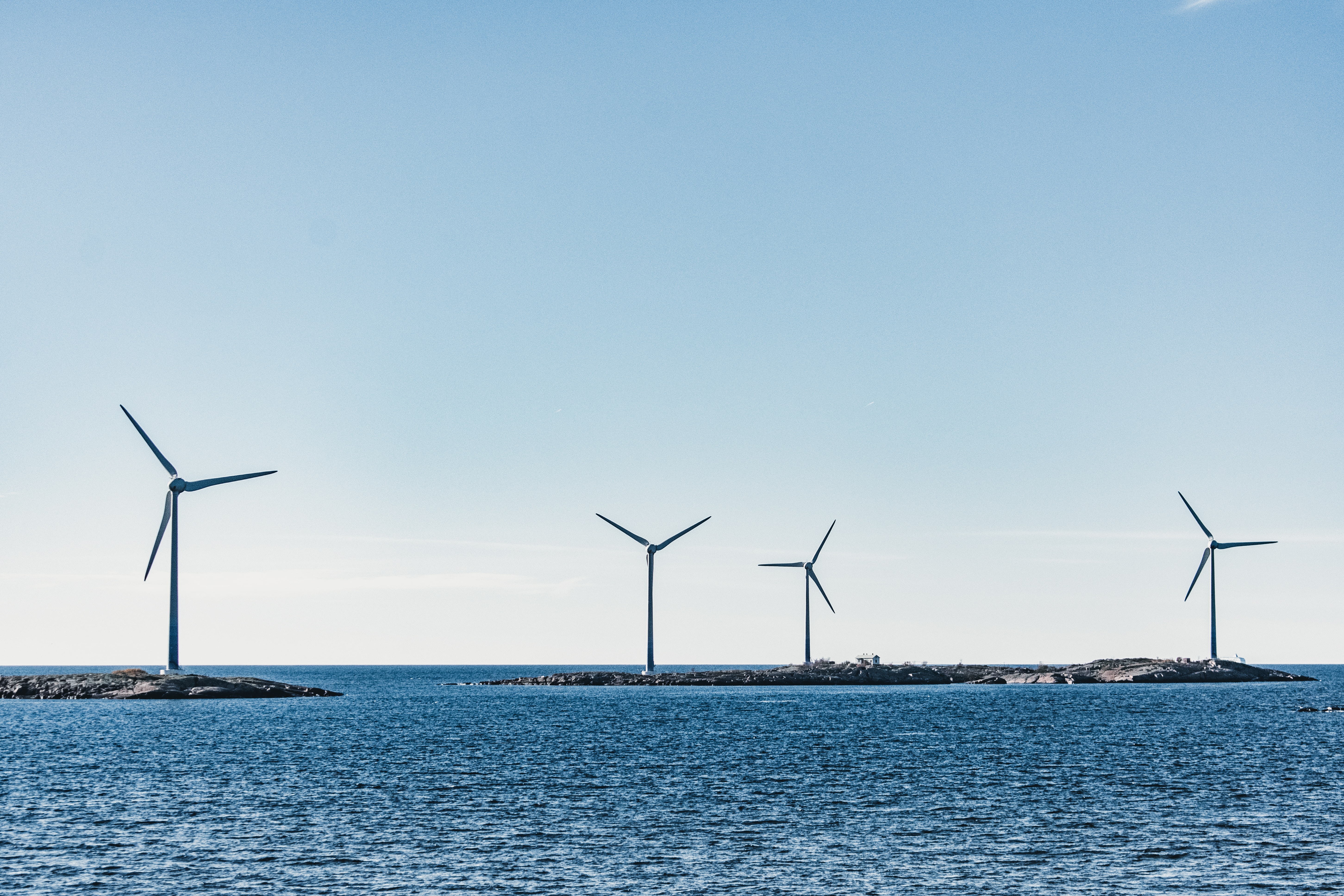DOE, PPA to strengthen offshore wind by upgrading port infrastructure
- September 23, 2024
- 0

The Department of Energy (DOE) is collaborating with Philippine Ports Authority (PPA) to expedite the establishment of the country’s offshore wind (OSW) energy projects by strategically reusing and modernizing port infrastructure.
“The modernization of port facilities will not only accelerate OSW projects but also play a critical role in securing the country’s clean energy future and promoting economic growth,” said Energy Secretary Raphael P.M. Lotilla.
This collaboration seeks to increase the country’s renewable energy capacity, setting the stage for the Philippines to become a regional frontrunner in offshore wind development.
The PPA has committed to working with the DOE to work on the engineering designs and swiftly repurpose three key ports for offshore wind (OSW) projects. This strategic move is intended to enhance the ports’ capabilities for installation, commissioning, and operations.
The selected ports for this initiative are the Port of Currimao in Ilocos Norte, the Port of Batangas in Sta. Clara, Batangas City, and the Port of Jose Panganiban in Camarines Norte. The energy department recognized these three ports as crucial to OSW growth because of their proximity to high-potential offshore wind energy service contracts (OWESCs).
The Port of Currimao, strategically situated close to 13 offshore wind energy service contracts (OWESCs), has the capacity to support up to 9,489 megawatts (MW), with three contracts currently advancing in the pre-development phase.
Meanwhile, the Port of Batangas, located near 29 OWESCs, can support a combined potential capacity of 24,300 MW, with six projects actively moving through permitting, licensing, and data collection stages.
Additionally, the Port of Jose Panganiban, positioned near 14 OWESCs, can support a potential capacity of 8,150 MW, with two projects in the advanced stages of pre-development.
Lotilla stressed that improving these facilities would prepare the country for the rising requirements of offshore wind (OSW) projects, which are projected to play a crucial role in bolstering energy security and fostering economic stability.
“By modernizing these strategic ports, we are not only addressing the immediate needs of OSW development but also laying the foundation for long-term job creation and sustained growth in the renewable energy sector,” said Lotilla.